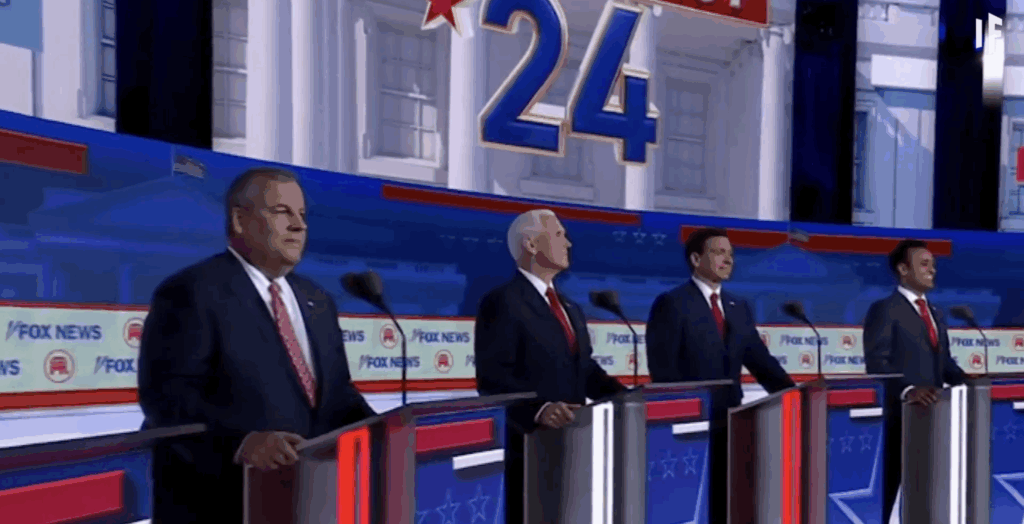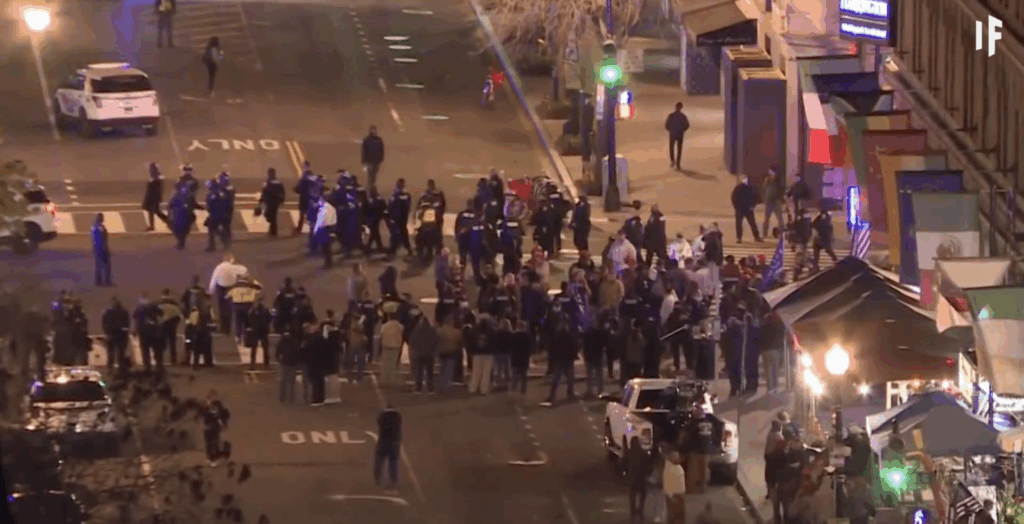On July 13, 2024, former President Donald Trump narrowly survived an assassination attempt while speaking at a rally in Butler, Pennsylvania. A bullet grazed his ear after he turned his head at just the right moment. Had he not moved, the result could have been fatal. This single action may have prevented a seismic shift in American politics and society.

But what if he had not turned his head?
This hypothetical explores what could have happened if the assassination attempt had been successful, from the political scramble to replace Trump to the possibility of civil unrest across the country.
A Deadly Day Before the Republican National Convention
The timing of the incident is significant. The Republican National Convention RNC was just two days away, scheduled to begin on July 15. Trump had secured enough delegates to be the presumptive nominee, facing no real opposition during the primaries. His death just before the convention would have thrown the GOP into chaos.

With almost no time to prepare, delegates would be forced to make a last minute decision on a new nominee. This would likely lead to a dramatic convention floor vote, with backroom deals, fiery speeches, and intense lobbying. Even individuals who had not run in the primary could be considered. In a matter of hours, the party would have to select a candidate to lead them into one of the most contentious elections in modern United States history.
Would Civil Unrest Follow
Beyond politics, the emotional impact of such a tragedy would likely be explosive. Trump’s base is known for its loyalty and intensity. If his death were perceived as politically motivated or if blame were assigned to certain groups there could be widespread unrest.
After the shooting, Trump was reported to have yelled “Fight,” a rallying cry that could take on new meaning in the wake of his death. Given the events of January 6, 2021, when supporters stormed the United States Capitol after being misled about a stolen election, the possibility of violent retaliation cannot be ruled out.

There is a real risk that some of his most extreme supporters could take to the streets, targeting perceived enemies or government institutions. While the majority of Americans would not resort to violence, isolated outbreaks of conflict could erupt in key cities or battleground states.
Trump as a Martyr
Should Trump be assassinated, he would likely be immortalized by his supporters. His status as a political icon would grow even stronger, and any celebration or indifference from political opponents would only deepen the country’s divide. In death, Trump could become a symbol more powerful than he ever was in life.

This martyrdom could galvanize conservative voters to turn out in record numbers, potentially shifting the election in the GOP’s favor. The nominee chosen to replace him, whoever that might be, would almost certainly harness Trump’s image and legacy in their campaign.
What If He Were Incapacitated Instead
If Trump had survived but was incapacitated, the situation becomes more legally complex. The Republican Party would have to determine whether he could remain the nominee and more importantly whether he could serve if elected. This would spark intense internal debate, especially if his condition left room for ambiguity.
Even in that scenario, political maneuvering would be fierce. There would be legal challenges, urgent meetings among GOP leadership, and possibly a race against time to replace him depending on how late in the election cycle this occurred.
After the RNC A Different Set of Rules
Had the assassination happened after Trump was formally nominated at the RNC, the process of replacing him would look different. Contrary to popular belief, his running mate, currently Senator JD Vance, would not automatically become the nominee. The Republican National Committee would convene again, either to appoint someone or hold a new internal vote.

It is possible Vance would rise to the top of the list, but other contenders could enter the mix. Without Trump, the GOP would face a major identity crisis just months before the election.
What If Trump Died After Winning the Election
If Trump were to win the election on November 5 but die before taking office on January 20, the 25th Amendment would not apply. He would be the president elect, not the president. In this rare constitutional gray area, Congress would likely have to step in. The Republican Party would again choose a new nominee, and depending on the political climate, this could spark even more instability.
Delaying the election is technically possible but extremely unlikely. Federal law locks in the election date, and changing it would require approval from both chambers of Congress and the sitting president. Given the current political divide, such a change seems implausible. Even if it were delayed, it could only be pushed by a few weeks. Inauguration Day remains fixed at January 20.

















